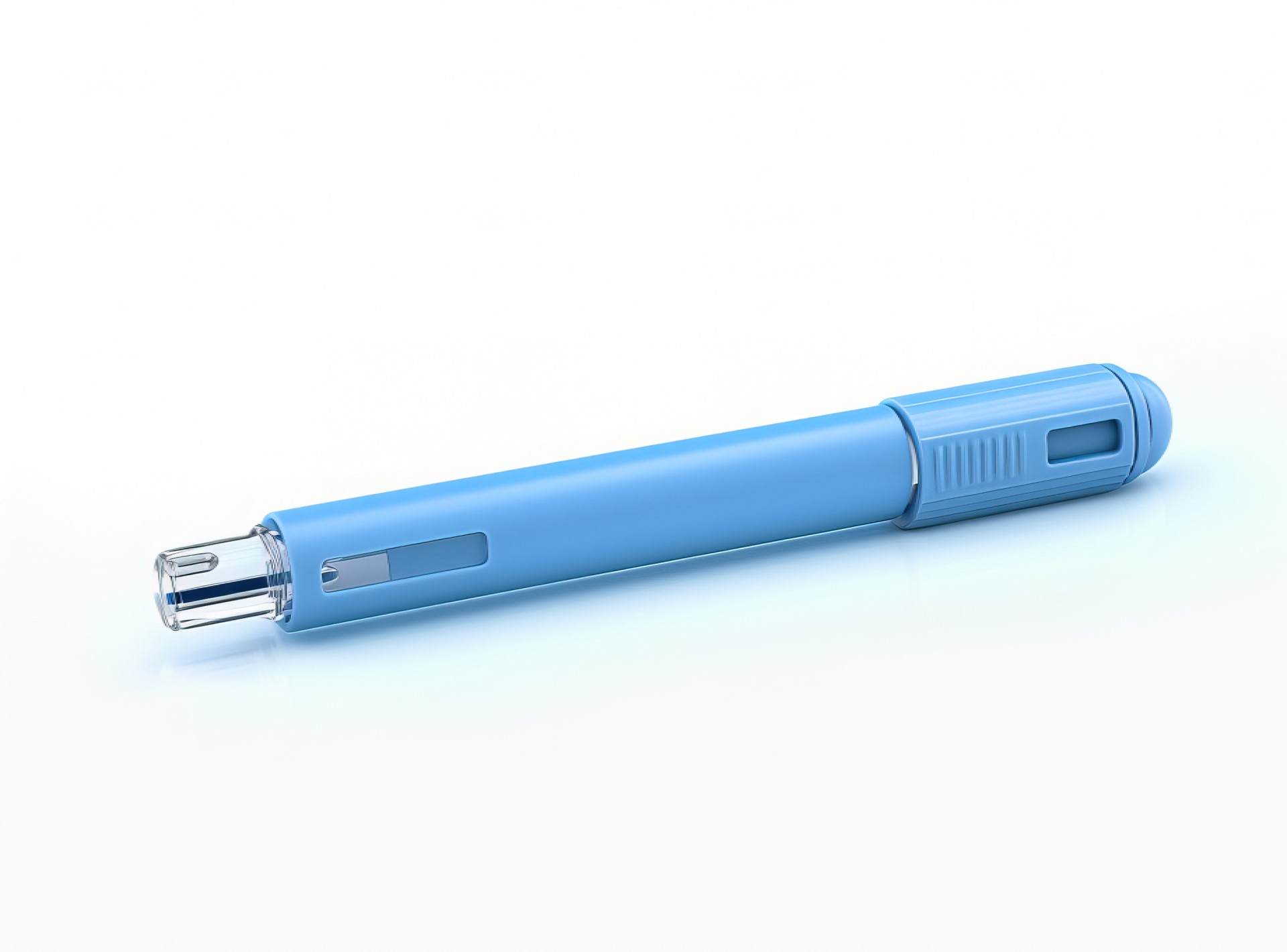
With everything from diabetes to obesity, smoking and CVD positively impacted by using GLP-1 agonists, it is no surprise that online, and sometimes highly questionable sales have surged across here and abroad.
New research compiled by an international team from Europe and the US has demonstrated that semaglutide clones are actively being sold without prescription by unregistered online pharmacies, with vendors shipping untested and even falsified products.
The boost in worldwide demand, accompanied by a sudden bottleneck in legitimate supplies, has seen semaglutide clones dominate online pharmaceutical sales, following in the footsteps of Australia’s medicinal cannabis and vaping markets.
Lead author Dr Tim Mackey, from the Global Health Program, said that while genuine patients may struggle to access supplies for diabetes, internet savvy consumers were still able to order supplies quickly and easily, though without the guaranteed quality control that came with TGA or FDA approval.
“US poison centres have reported a 1500% increase in calls related to semaglutide, highlighting the need for enhanced pharmacovigilance including for online sourcing harms,” Dr Mackey said.
“In some instances, the measured semaglutide content substantially exceeded the labelled amount in each sample by 29% to 39%, meaning that users could receive up to 39% more semaglutide per injection.
“These risk factors indicate likely falsification that does not meet legitimate product quality standards and two of the websites evaluated were actually sent FDA warning letters for unlawful sale of unapproved and misbranded semaglutide.”
The team made purchases of generic semaglutide and conducted analytical testing between August 2023 and March 2024, with search engine monitoring generating 1080 hyperlinks, including 317 (29.35%) for online pharmacies.
Nearly half (134 sites [42.27%]) belonged to suspect pharmacies while 763 links were websites not offering products for sale, including 615 news and informational websites and 148 telemedicine websites requiring consultation to obtain prescription before purchase.
“Six online vendors already classified as not recommended or rogue by LegitScript and/or National Association of Boards of Pharmacy and offering parenteral semaglutide products were included in test buys,” Dr Mackey said.
Three websites offered prefilled 0.25-mg per dose semaglutide injection pens and three sold vials of lyophilised semaglutide to be reconstituted to solution for injection (1-3mg), with prices for the smallest dose and quantity ranging from US $113 to $360.
“Although genuine Ozempic scored the full 22 points on the FIP checklist during quality testing, the other purchased products only scored 8 or 9 with clear discrepancies in regulatory registration information, accurate labelling, and evidence that the products were likely unregistered or unlicensed,” Dr Mackey said.
“Upon quality testing, one sample had elevated presence of endotoxin (8.95 EU/mg) indicating possible contamination, although no viable microorganisms were detected. LC-MS revealed the presence of semaglutide in all samples, but with considerably lower purity levels (7%-14%vs advertised 99%). “
Three vendors selling Ozempic injections engaged in non-delivery scams requesting extra payments ranging from US $650-$1200 (to clear customs), which were confirmed as fraudulent by customs agencies.

